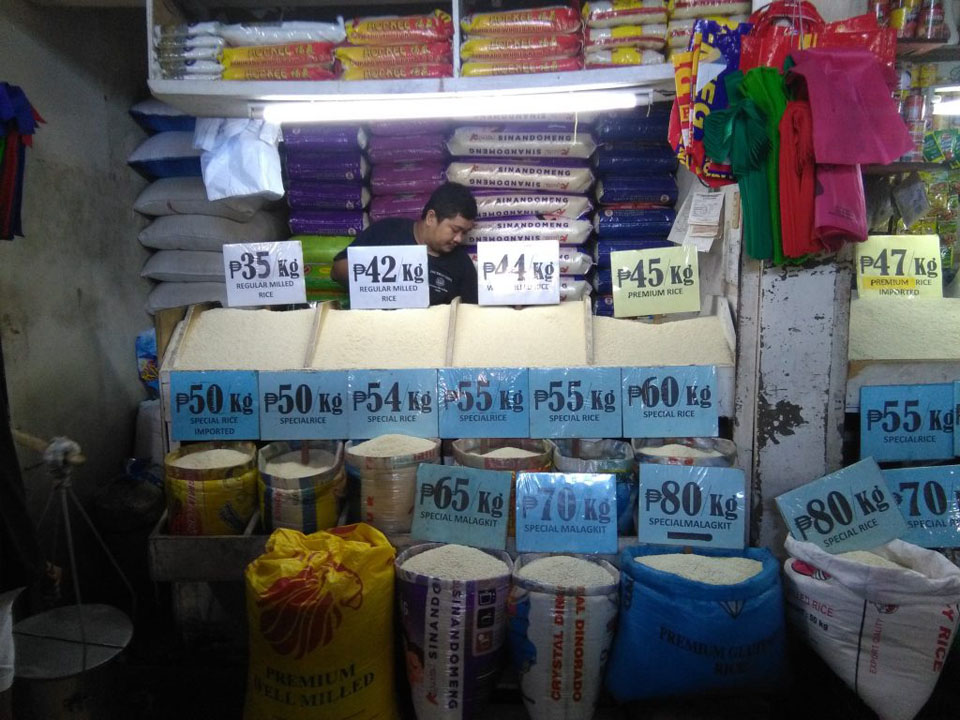
Responding to the relentless call of farmer leaders and rice industry stakeholders amidst the continuous price drop in the farm gate price of palay, Agriculture Secretary Manny F. Piñol met with the officials of the Departments of Trade and Industry (DTI), Finance (DOF), and National Economic and Development Authority (NEDA) on July 17, 2019 to review and assess loopholes in the implementation of the Rice Tariffication Law (RTL).
“With the National Food Authority (NFA) stripped of its supervisory and regulatory powers over the rice industry, the Price Act is the only remaining instrument of government to rationalize the pricing of agricultural products in the market,” Piñol said.
DA, DTI, DOF and NEDA have agreed to issue a joint memorandum circular (JMC) within the week to implement a Suggested Retail Price (SRP) on commercial rice sold in the market based on the provision of the Price Act.
“Masyadong ganadong mag-import ang mga traders kasi iniisip nila na wala ng magko-kontrol sa presyo ng bigas,” Piñol said.
“Everybody wants to import now, and nobody wants to buy from local rice,” he added.
He said there is a huge margin of profit enjoyed by rice importers and traders, citing that the Bureau of Customs (BOC) shipment entry records show that the landed cost of Myanmar 25% broken rice is only P18.22 per kilogram (kg); Vietnam 5% broken P25.33/kg and Thailand 5% broken P23.06/kg.
According to reports, the price of premium or 5% broken rice Imported from Vietnam and Thailand being sold in the market is between 50 to P60/kg.
“With RTL, we want to make rice affordable to our consumers. And right now, it is not happening,” Piñol said.
He cited that the price of well-milled rice in Baguio and San Fernando is sold at P42/kg; Isabela and Tugegarao at P37/kg; San Fernando, Pampanga at P39/kg; Bacoor and Iloilo at P44/kg; Mindoro at P38/kg; and Legaspi at P32/kl.
Piñol said DA and DTI will determine the price that will be reasonable and fair to consumers.
“The SRP will be based on the landed cost,” he added.
“Right now, there is no system that guarantees whether the shipment coming to the country is declared as 5%, 15%, and 25% broken,” Piñol said.
The agencies also suspect that some importers may violating the said provision and the declare shipments were undervalued.
“We will review if an SRP is needed for our local rice,” he said adding that they (inter-agency working group) will meet every two weeks to monitor progress and assess if the SRP need to be changed. SRP should be changed. ### (Kristel Merle, DA-AFID)
(Photo taken at Bacoor Public Market in Cavite.)













